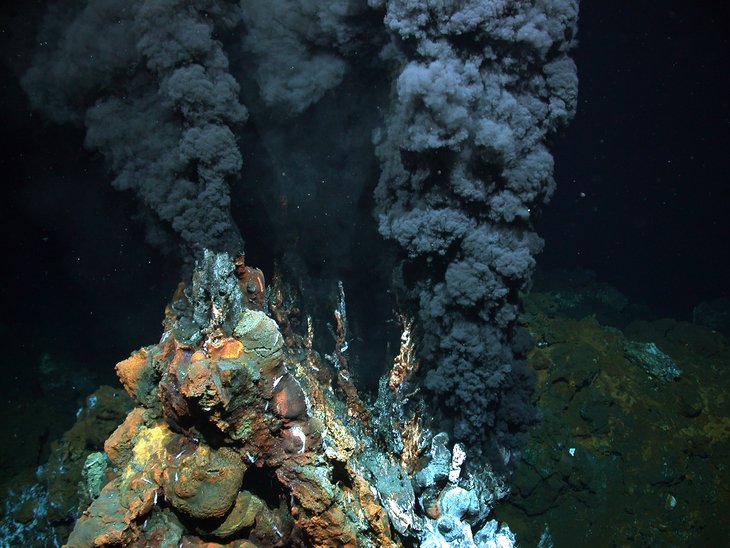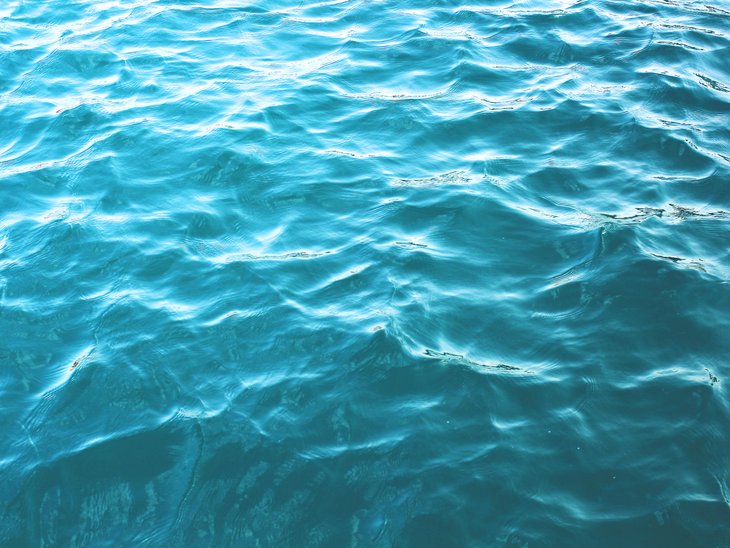Around two thirds of the world's oceans are found far away from the coasts and therefore, these areas do not fall under national responsibility. The way humans may influence life in the open ocean and in the associated deep sea remained uncertain for a long time. Apart from a few ship-based measurements, there were hardly any methods available that could be used to analyse and to monitor such a gigantic habitat.
In the past 20 years science has made great progress - mainly due to autonomously operating measuring devices, which are called Argo floats. More than 3,800 of these robots are floating in all parts of the world's oceans. They regularly dive to a depth of 2000 metres and measure water temperature, salinity and occasionally other environmental parameters such as oxygen, chlorophyll and nitrate. So far, more than two million measurement profiles show that the open ocean is increasing in water temperature, even in greater depths. There is also a decrease in oxygen level and an increase in acidification found.
A breakthrough after 20 years of international negotiations
In addition to climate-related changes, there are also all the other man-made impacts found in the high seas and in the deep sea. It is necessary that all states worldwide work together to combat the effects because these areas belong to everyone and everyone should be able to benefit. This is also written in the United Nations Convention on the Law of the Sea. Until now, there has been a special section on the high seas but it only regulated general protective measures. There are also a number of international conventions that deal with individual activities on the high seas, such as shipping or deep-sea fishing.

In March 2023, the UN member states achieved an important breakthrough. During an intergovernmental conference in New York, they jointly adopted a new global agreement on the protection and sustainable use of marine biodiversity on the high seas (Biodiversity Beyond National Jurisdiction (BBNJ)). This means that the states agreed on standardised general nature conservation and environmental protection rules for the open ocean, which had previously been protected only to a very limited extent. In the future, it will now be possible to designate marine protected areas. In addition, planned interventions in the sea are to be checked for their environmental compatibility before work begins, so that licences are refused in an emergency and endangered species and habitats are better protected in the long term.
However, it remains true that successful marine conservation begins on land and is therefore primarily the responsibility of individual countries. This applies for the preservation of coastal ecosystems, which serve as spawning grounds and nurseries for many deep-sea fish as well as for the discharge of plastic waste and pollutants into streams and rivers, which usually occurs far inland.








